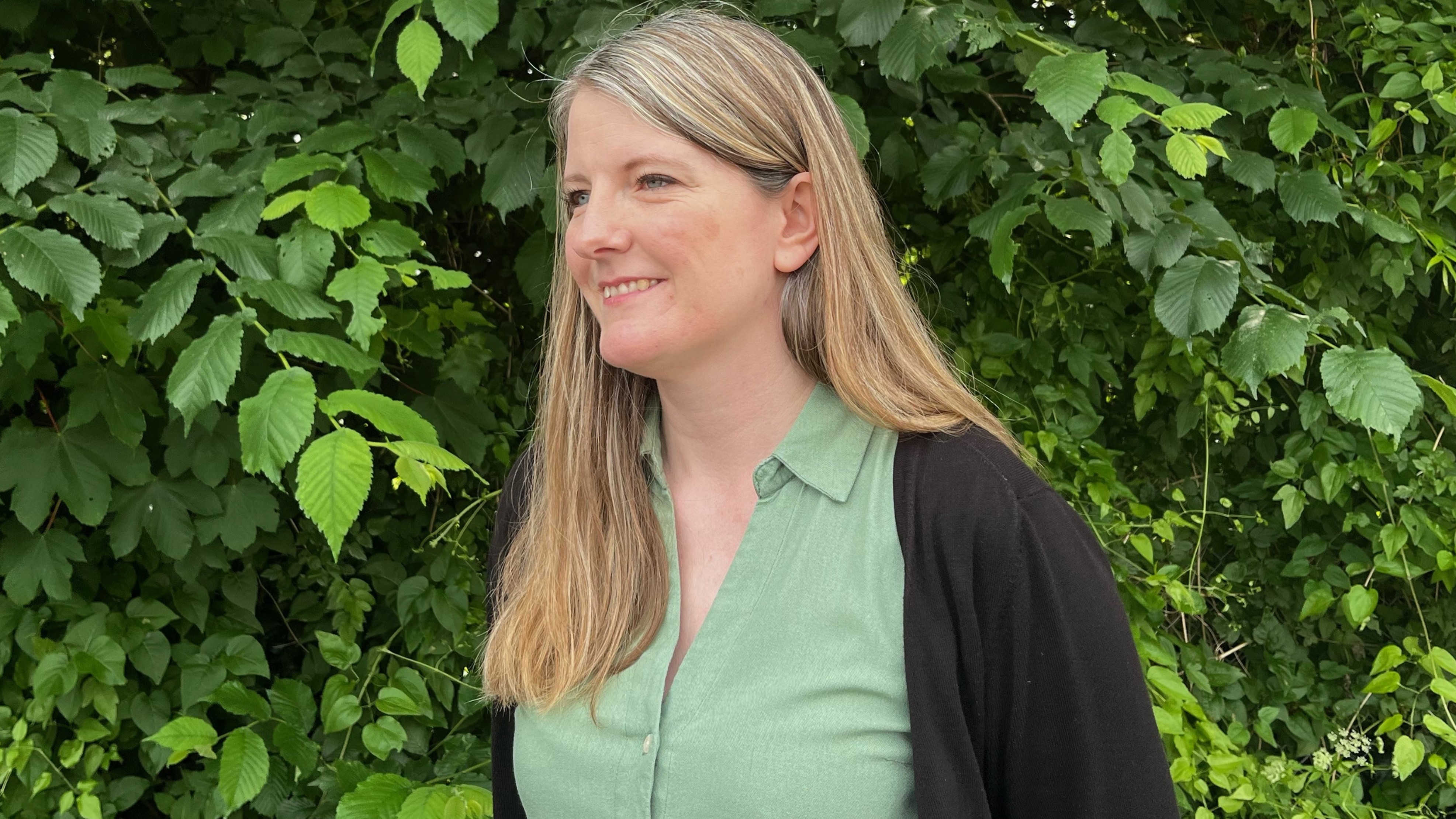Are you 30 to 39 years old? Here is why you may be under greater stress
According to an expert, there are all sorts of reasons why particularly 30 to 39-year-old financial sector employees are often under stress. The expert also provides suggestions for how the workplace may prevent stress.
Steep career path
But family obligations are not the only factor creating high stress levels in the younger age groups, according to Yun Ladegaard.
"It may also be about your career path and a need to prove yourself at work, while at the same time not having as much experience to draw on as your older colleagues," she explains.
Finansforbundet's survey shows that the proportion of employees under a high level of stress decreases the older they are.
According to Yun Ladegaard, it may also be about some of the younger employees working in positions in the lower part of the hierarchy at the workplace.
The well-being survey shows that especially private consultants and employees in customer contact centres are often experiencing stress.
"Direct contact with customers is quite demanding both from a cognitive perspective and in terms of emotional demands," she says.
She explains how bank customers have become more critical while at the same time having clear expectations of what the consultant should deliver.
"In reality, the requirements may conflict in that you and your customers expect good advice. And perhaps the organisation has laid down certain requirements and KPIs for how fast you need to work and how many customers you need to help. And maybe you don't have the time to fully familiarise yourself with new regulations in this very complex area," explains Yun Ladegaard.

With age comes a different kind of calm
She emphasises that, on the other hand, the older you get, the higher up the hierarchy you will often be, and you will feel comfortable in your position. And if not, you will probably have taken the consequences and left the sector.
"You may also have become a manager. And even though managers may also experience stress, often, they also have more influence. Or you may have found an area or domain in which to specialise, which means that you may have a little more influence and may work at a more steady pace," she explains, while highlighting the opportunity of being able to plan your own time and your breaks as crucial.
"As a manager, you may be better able to plan and alternate between tasks and take breaks when it fits into your own flow. As a consultant, you may not be able to schedule your own breaks. Flexibility is somewhat limited in positions where you have direct contact with customers all the time and are measured on such contact," she says.
Better working life arrangement
At Finansforbundet, Vice President Jakob Thorgaard, like Yun Ladegaard, points out that a lot is going on around the age of 30.
"The 30s are a busy period both at work and in life in general. During this period, the cup may be running over with career, small children, relationships and financial challenges." I clearly recall how difficult it was to strike a balance between the different considerations," he says, emphasising that it needs to be worked out how we can better organise our professional life in accordance with the needs we have at various stages of life.
"A specific solution is, for example, part-time work for parents with children via the collective agreement. We need to become better at embracing the different situations, across ages, you encounter during a lifetime, and which may give rise to different challenges and needs," says Jakob Thorgaard and continues:
"To promote well-being, we must also take a closer look at increasing flexibility in the individual’s specific life situation and striking the right balance for each person. That’s a task we and the employers undoubtedly need to take on."

Mental health and well-being
Everyone has the right to thrive in their job How do we foster well-being when our work life is constantly changing? And what learning and initiatives should we employ to safeguard community and flexibility alike?
Get knowledge and inspiration here.






